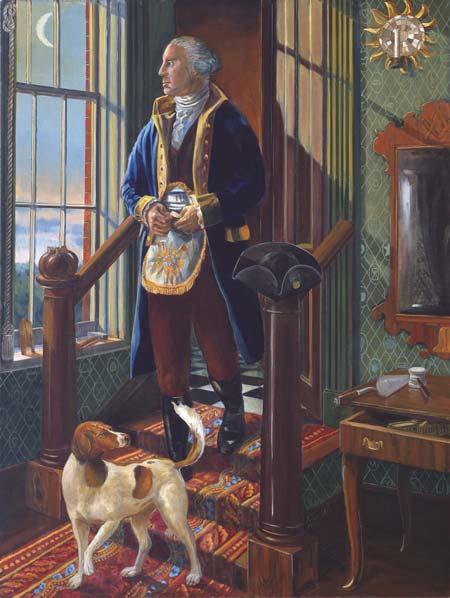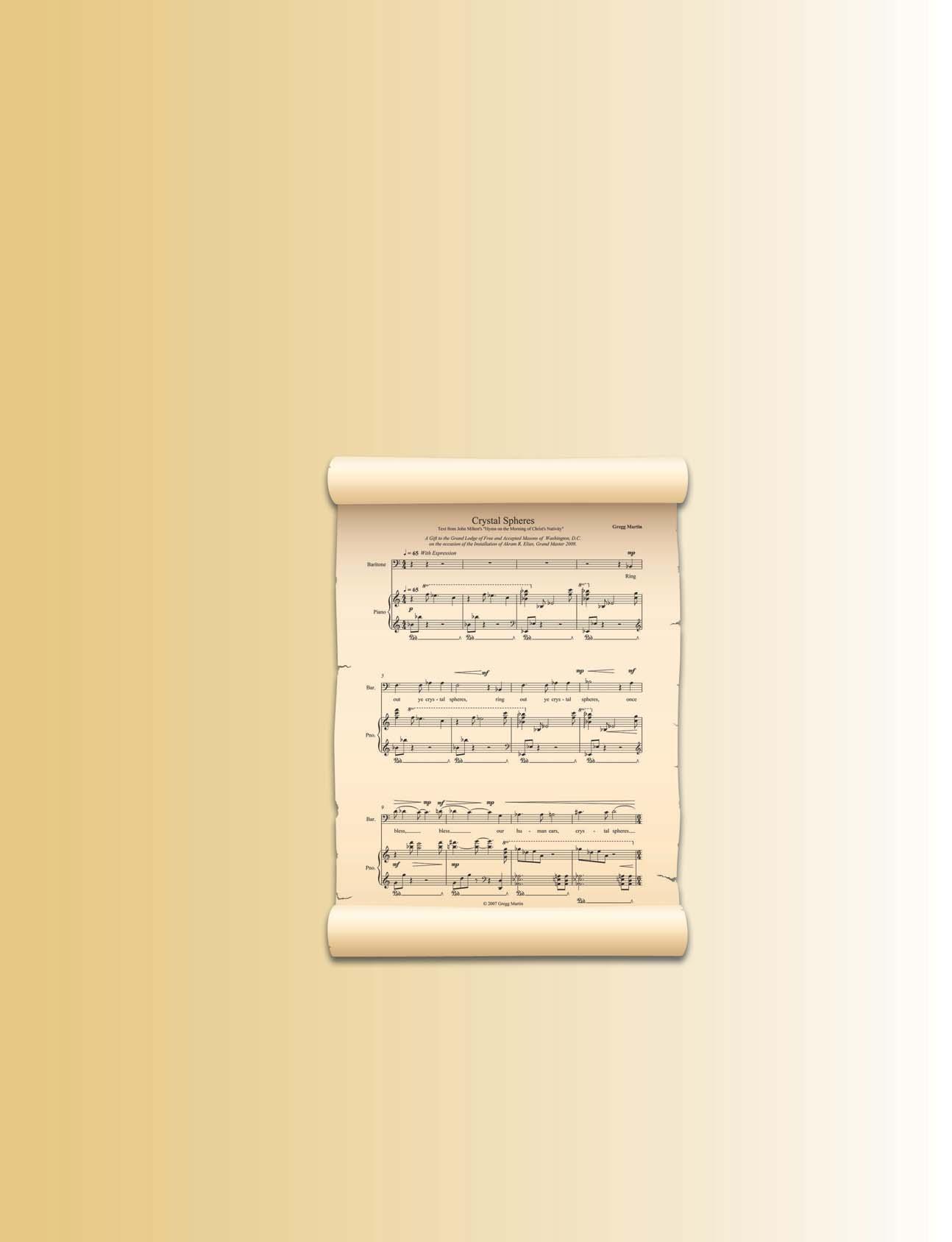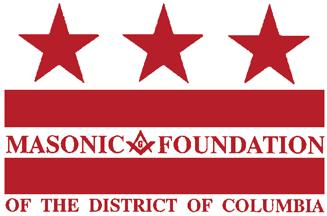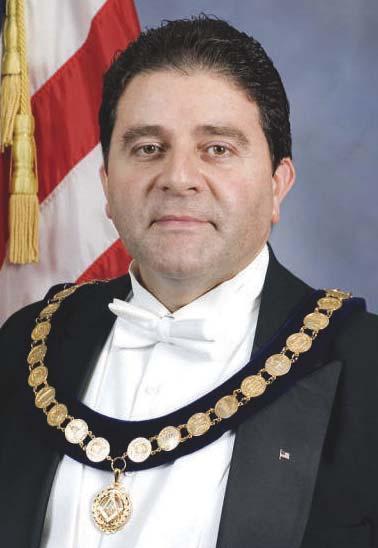FROM THE GRAND SECRETARY
From the Grand Secretary
Jurisdictional Integrity Mansour Hatefi, PGM Grand Secretary
Jurisdictional or territorial integrity is a concern of many Grand Lodges and the issue of Waivers of Jurisdiction comes up from time to time. The level of interest in this subject varies depending on the jurisdiction, and some Grand Lodges are affected more than others by the current assortment of policies and procedures. There are, however, a number of reasons why the time is right for a new assessment of how our existing protocols impact our ability to effectively respond to those who petition for the rights and benefits of brotherhood among us. In an increasingly shrinking world, it seems the days are long gone when men spend their whole lives in the same community in which they were raised. The young men of today are very mobile and they may actually live in one place and work or study in another. The reality of modern lifestyle, whether it be as global business traveler or telecommuter, makes geographic borders less meaningful to the man of today. We find ourselves in a time of surging interest in the Craft, with many of our lodges experiencing a steady rise in requests for Masonic information and the receipt of petitions. These lodges look to the Grand Lodges to facilitate the process of handling some of these petitions. Yet, in an era of “all the way in one day”, some petitioners must wait many weeks or months before their lodge of choice may receive their petition. It behooves us to reexamine our current methods and remove, where possible, unnecessary delays and barriers which get in the way of our lodges making Masons. A major concern is how we go about speeding up the process between two Grand Lodges when we request a waiver of jurisdiction over a man who wants to become a Mason in a jurisdiction in which he does not reside; a man who, lives close to the border of a neighboring jurisdiction and who, for various reasons, chooses to petition a lodge outside of his own territory. It is most unfortunate that we cannot exercise more control over the response time of the subordinate lodge masters and secretaries to request for waivers of territorial jurisdiction on petitioners.
Response times range from a few weeks to several months and this is not conducive to a good image for the Fraternity. In order to promote a healthy discussion and in the process come up with a consensus on how to lift or lower the jurisdictional barriers for non-masons and to better serve our constituent lodges in handling the petitions submitted by prospective members, a survey was conducted by my office inviting all U.S. and Canadian Grand Lodges to participate and offer the benefit of their wisdom and experience, sharing such information pertaining to their policies and procedures governing the Waivers of Jurisdiction. It was envisaged that the results of our survey will enable us to gain a greater understanding of the current situation and hopefully lay the ground work for a positive change in how we approach jurisdiction and granting of waivers. Of the approximately 60 Grand Lodges invited to participate in the survey, 39 responded, for which we are deeply grateful. Summary of Results: Here is the summary of the data gathered from respondents to our survey: 1. Most jurisdictions require a minimum of six months residency prior to petitioning. Nine Jurisdictions exempt military personnel from this requirement. 2. Nine jurisdictions exempt military personnel from the residency requirement altogether. 3. All jurisdictions but one assert jurisdiction over non-masons. 4. Three jurisdictions do not grant waivers for nonmasons. 5. 41% of Grand Lodges refer requests for granting of waivers of jurisdiction to constituent lodges for initial approval. 6. For 54%, the Grand Lodge is the only approval level for granting of waivers. 7. Of those granting waivers, the most compelling reasons seem to be for military service, full-time students, blood relative, convenience to work and The Voice of Freemasonry
5








